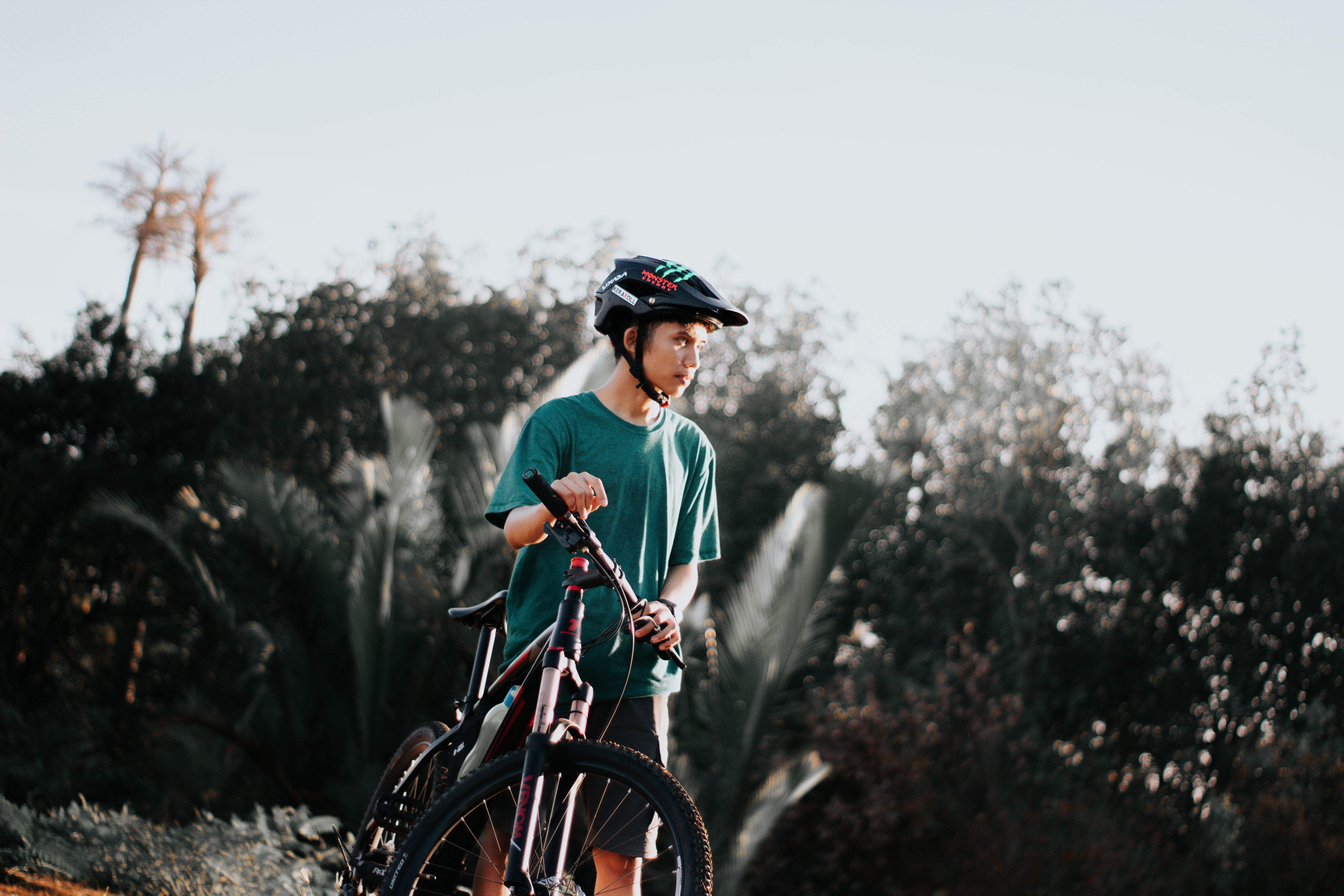<link href="https://cdn.sur.ly/widget-awards/css/surly-badges.min.css" rel="stylesheet">
<div id="surly-badge" class="surly__id_56779743 surly-badge_white-gradient" onclick="if(event.target.nodeName.toLowerCase() != 'a' && event.target.parentElement.nodeName.toLowerCase() != 'a') {window.open('https://sur.ly/i/parentingwithouttears.com/'); return 0;}">
<div class="surly-badge__header">
<h3 class="surly-badge__header-title">Content Safety</h3>
<p class="surly-badge__header-text">HERO</p>
</div>
<div class="surly-badge__tag">
<a class="surly-badge__tag-text" href="https://sur.ly/i/parentingwithouttears.com/"> parentingwithouttears.com </a>
</div>
<div class="surly-badge__footer"> <h3 class="surly-badge__footer-title">Trustworthy</h3> <p class="surly-badge__footer-text">Approved by <a href="https://sur.ly" class="surly-badge__footer-link">Sur.ly</a> </p> </div> <div class="surly-badge__date">2023</div>
</div>

As the new school year approaches and many pupils will be cycling to school, research raises concern for the safety of teenage cyclists, as an advocate of cycling and injury specialist, I'm sharing advice on the overlooked signs of concussion that parents should be aware of, the places where teenagers are most at risk, and the impact helmet-wearing has on making an injury claim.
Analysis of ten years' worth of ONS data reveals that one in ten cyclist casualties is under the age of 16.
Each day, six children are involved in some kind of road accident in the UK.
Teenagers not wearing helmets may lose up to one-quarter of their compensation if they are injured in an accident.
In light of these statistics, raises concern for children and teenagers who may have experienced a cycling-related injury without realising, “There does not have to be a loss of consciousness suffered [in a road accident] for there to be a brain injury. In fact, only 10% of reported mild brain injuries involve a loss of consciousness.”
It is worrying to consider that parents may not even be aware their teenager has been involved in a cycling accident, should the child be old enough to cycle alone. Symptoms of a mild traumatic brain injury include headaches, confusion, dizziness and memory problems, whereas more severe injuries lead to loss of consciousness and difficulty with speech and movement.
Whilst in general, cycling is no more dangerous than lots of other day-to-day activities, there are certain locations and circumstances that present greater risks which teenage cyclists should be aware of:
Whilst cyclists should not be deemed at fault for the mistakes of motorists, it is always important to be as safe as possible as a vulnerable road user. Cycling safety organisation, Brake, encourages parents to ensure their children are cycle trained and seek routes that are off-road wherever possible. Positively, cycle training is becoming more commonplace in the UK, following a government promise in 2020 for it to be offered free-of-charge to every child in England.
Although I believe helmet-wearing should be the choice of the individual, there are risks teenage cyclists face if deciding against it, Parents should bear in mind that the judiciary believes cyclists should wear helmets so teenagers who decide not to are taking a chance with their damages if they are injured. Cyclists who don’t wear helmets have been found to lose up to one-quarter of their compensation if they are injured in an accident.
It is unlikely that many people will be aware of this given that wearing a helmet is not actually mandatory, even for children. Parents may assume that blame will lie with the person responsible for causing the accident – not realising that they may have to accept an element of contributory negligence if they weren’t wearing a helmet at the time.
Mark Hambleton is an experienced Partner in the personal injury team at RWK Goodman. He has a broad practice area dealing with serious and complex injuries. Mark is a keen cyclist and advocate for vulnerable road users generally. He has built up significant experience in this field over the years and is passionate about pursuing claims of this nature and improving road safety generally.